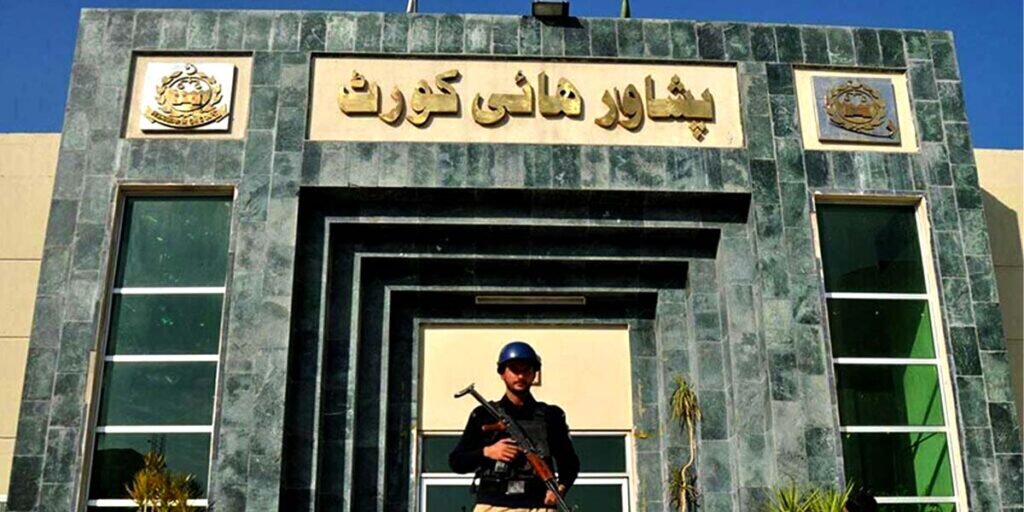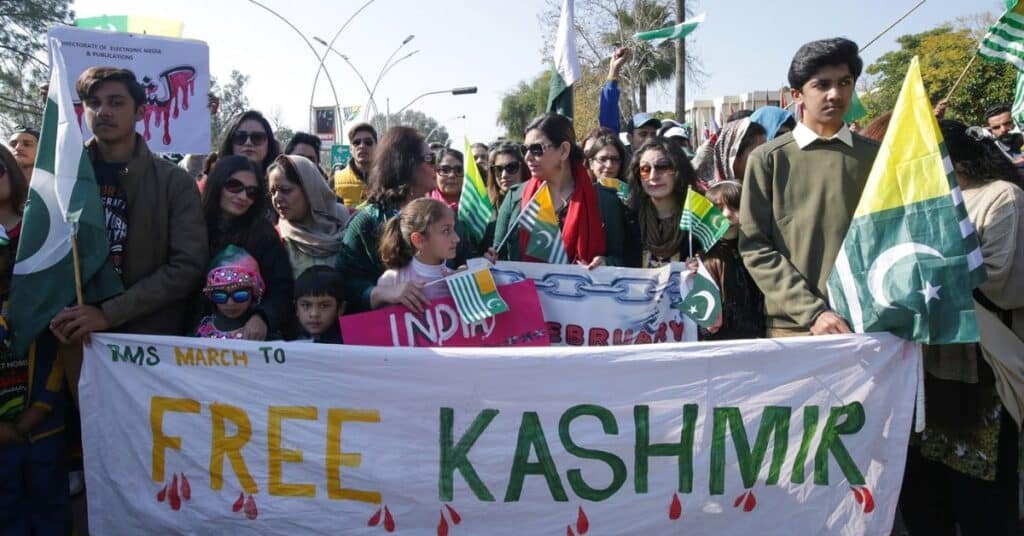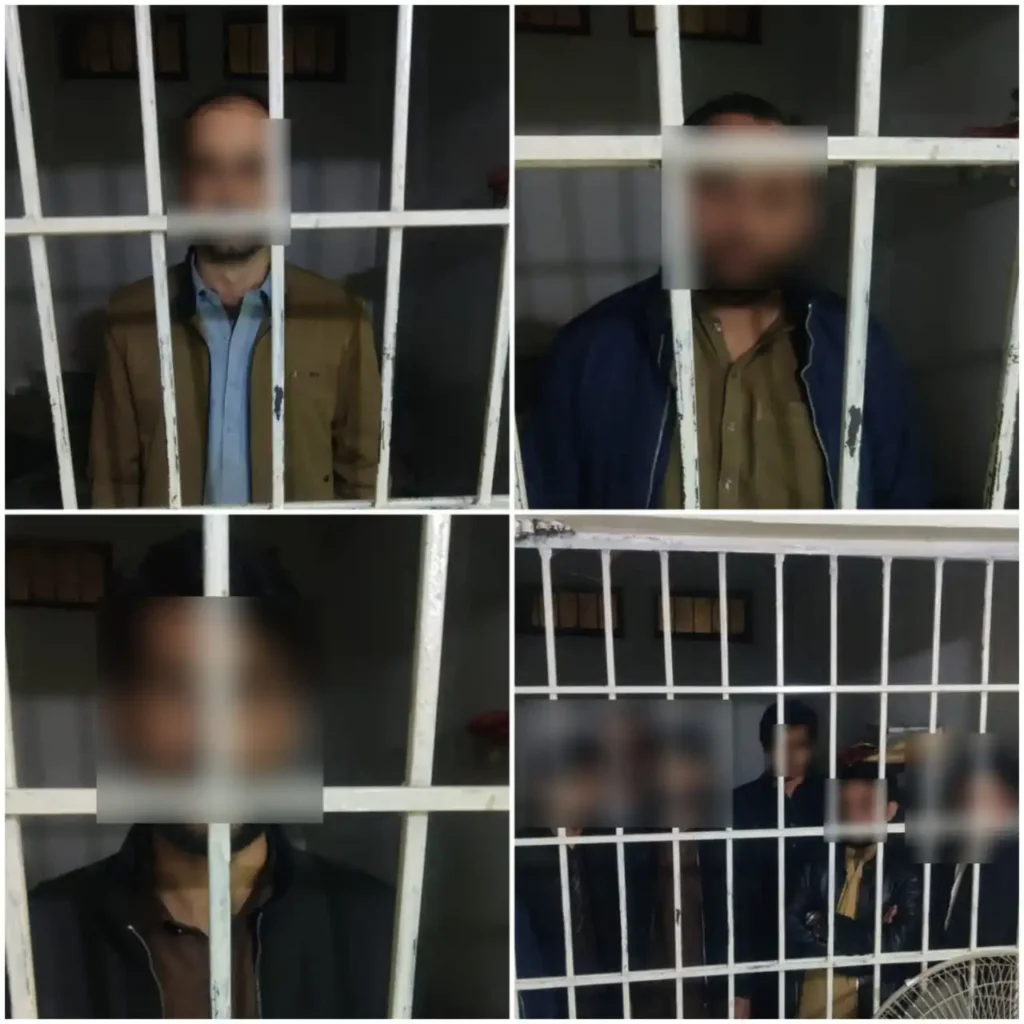PESHAWAR: Journalist Anil Masih has filed a constitutional petition in the Peshawar High Court against the Electronic Crimes (Amendment) Act 2025.
The petition argues that recent amendments violate fundamental rights, including freedom of expression, privacy, and due process. It claims the law contradicts the Constitution of Pakistan and international human rights standards.
Anil Masih filed the petition under Article 199 through Advocate Noman Mohib Kakakhel. It names multiple government agencies as respondents, including the Ministry of Law and Justice, Ministry of Interior, Pakistan Telecommunication Authority (PTA), Pakistan Electronic Media Regulatory Authority (PEMRA), and the Federal Investigation Agency (FIA).
The amendment seeks to criminalise dissent, expand regulatory powers, and curb “false and misleading information.” The petition challenges it for suppressing press freedom.
The amendments restrict freedom of speech, press freedom, and digital rights, violating Articles 4, 9, 10, 10-A, 19, 19-A, and 25 of the Constitution, it added.
The petitioner said that the law establishes the Social Media Protection and Regulatory Authority (SMPRA), Social Media Protection Tribunals, and the National Cybercrime Investigation Agency (NCCIA expand government control without judicial oversight.
The petition states that Islam upholds justice, equality, and freedom of expression, which the amendments violate. It also claims the law breaches Pakistan’s commitments under the Universal Declaration of Human Rights (UDHR) and the International Covenant on Civil and Political Rights (ICCPR).
Vague definitions of “illegal” and “objectionable” content create legal uncertainty. The petition warns this will promote fear and self-censorship among journalists and activists, read the petition.
The petitioner urged the court to declare the Electronic Crimes (Amendment) Act 2025 unconstitutional. Section 26(A) and other restrictive provisions should be nullified to prevent arbitrary action against digital media, it added.
He requested the court to bar officials from enforcing the law until the court makes a final decision.





